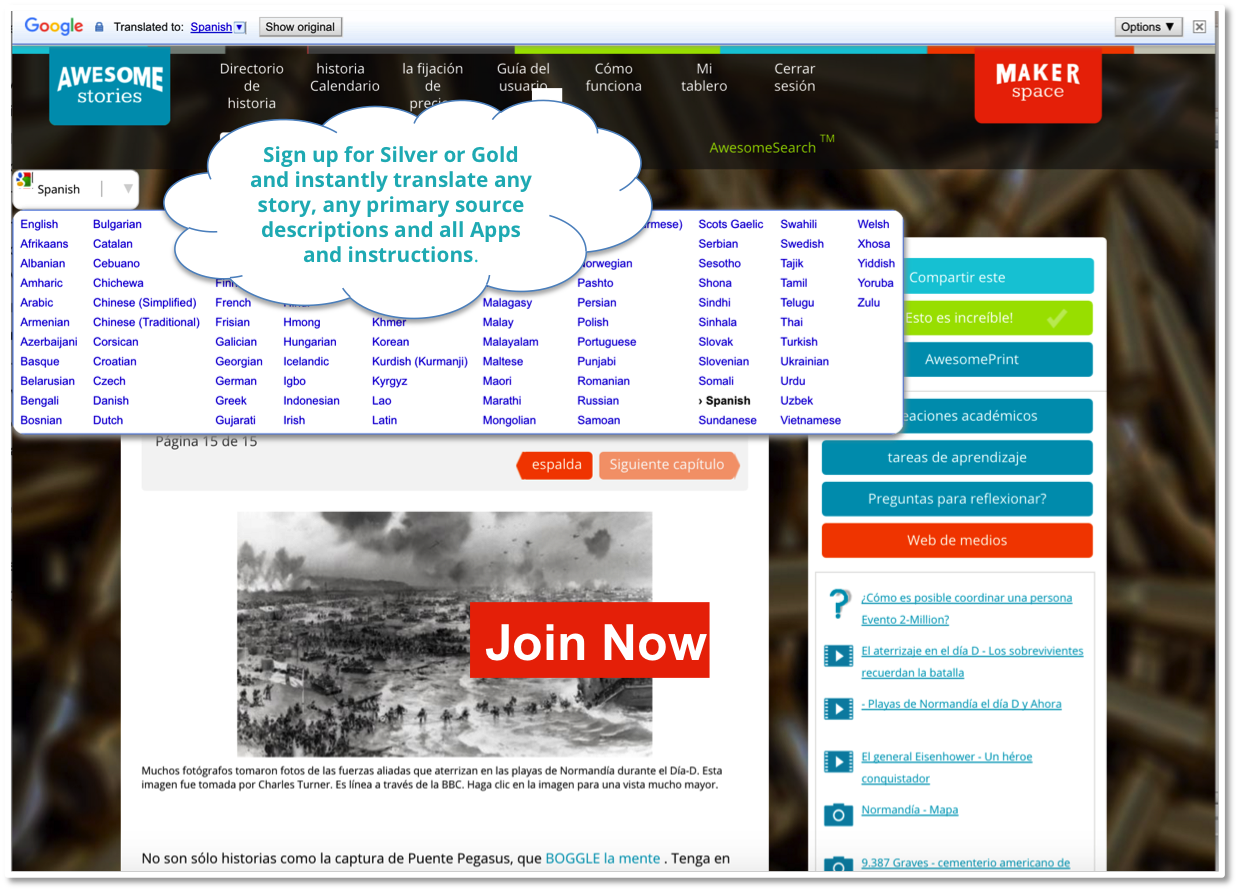The Emancipation Proclamation effectively told Southern slaves to get to Union lines. If they could make it there, they would be free. The people came by the thousands.
Lincoln, meanwhile, was struggling with personal pain as well as national worries. On the 20th of February, 1862, his eleven-year-old son, Willie, died. The President, who greatly loved the child, was grief-stricken.
When the Confederate General, Robert E. Lee, decided to invade the United States - at Gettysburg - 170,000 soldiers clashed in Pennsylvania. After three days and nights, the Union won and the Confederacy was on the defensive. The South would remain on the defensive for the rest of the war.
The real tragedy of Gettysburg, however, was the extraordinary loss of life. About 57,000 people had died in three days. There were so many bodies to care for - and no place to bury them all.
Part of the battlefield itself was turned into a burial ground. When Lincoln attended its dedication, he delivered one of the most famous American speeches of all times - The Gettysburg Address.
During the waning days of the war, Lincoln was planning a new future for America. In his second inaugural address, he told the country about his hopes for a time when there would be "malice toward none." It would be a time, he said, when former slaves were also citizens.
An actor named John Wilkes Booth heard Lincoln give that speech. He disagreed - violently, as it turned out - with the President's objectives. On the evening of April 14, 1865 - when the President was enjoying a rare night off - Booth fired a single shot at Lincoln. The bullet entered the President's head, mortally wounding him.
Although the country was in terrible shape, following the war, it was reunited. Although 600,000 Americans were dead, because of the war, the people were once again part of a single nation. And in that nation, as Lincoln proved, even the humblest person - of the lowliest birth - can rise to the highest office of the land.
See, also:
Abraham Lincoln - Humble Beginnings
Abraham Lincoln - President During the Civil War
Media Credits
Clip from "Greatest Heroes in History - Lincoln," Episode 7 of a BBC series which originally aired on August 23, 2002. Copyright, BBC, all rights reserved. Clip provided here as fair use for educational purposes and to acquaint new viewers with the program. Online, courtesy BFI National Library.
Executive Producer:
Alan Clements
Director:
Jane Quigley
Series Producer:
Melanie Jappy
A Wark Clements Production




